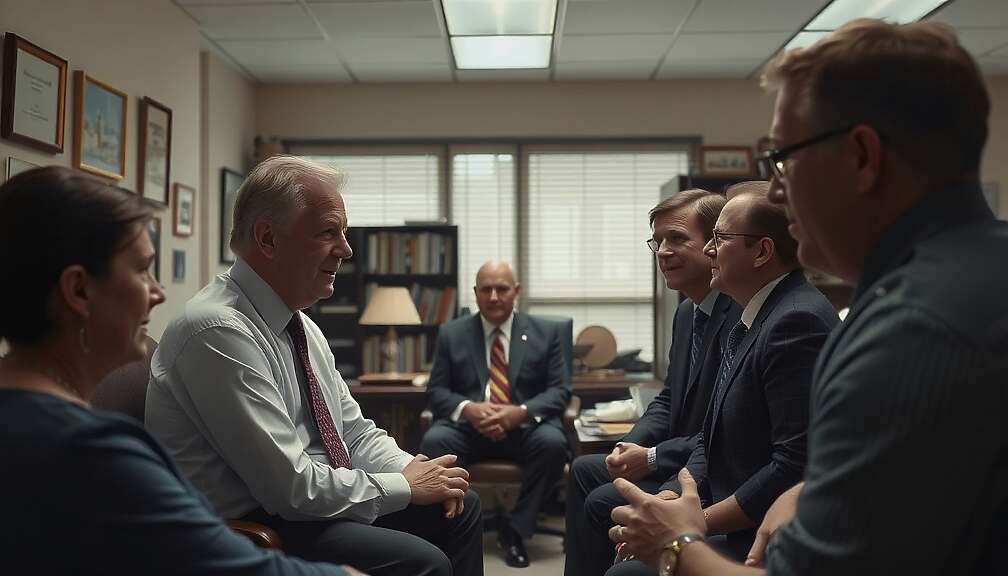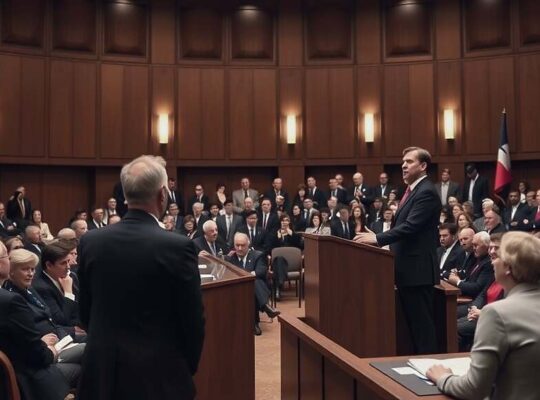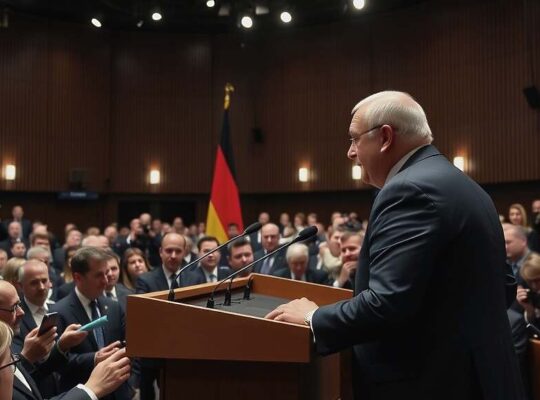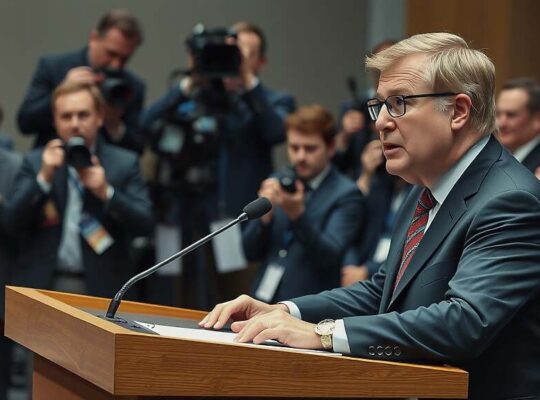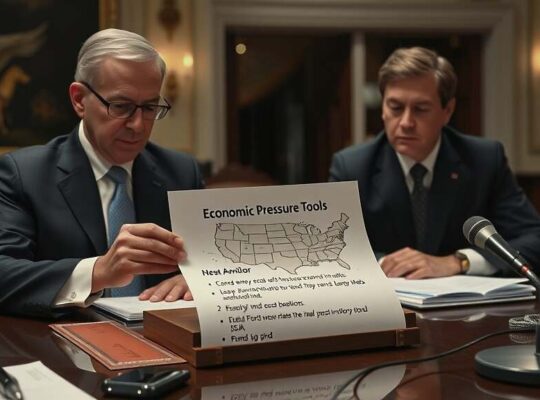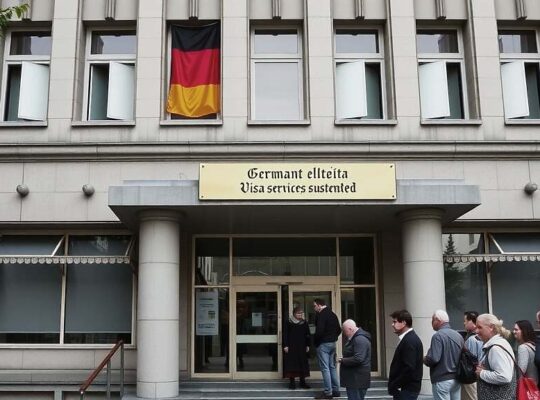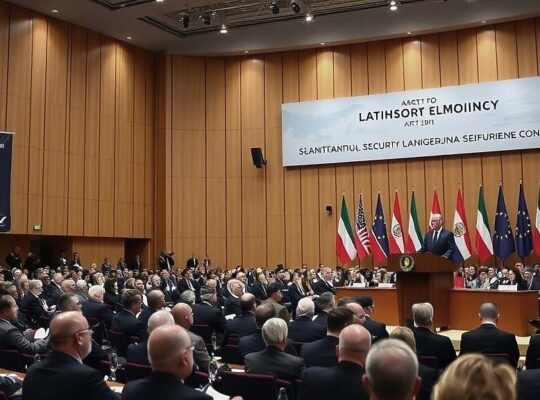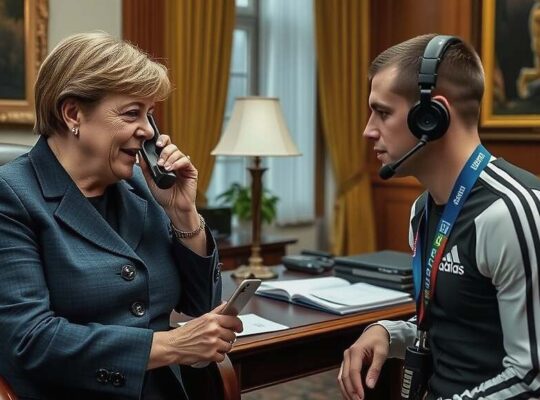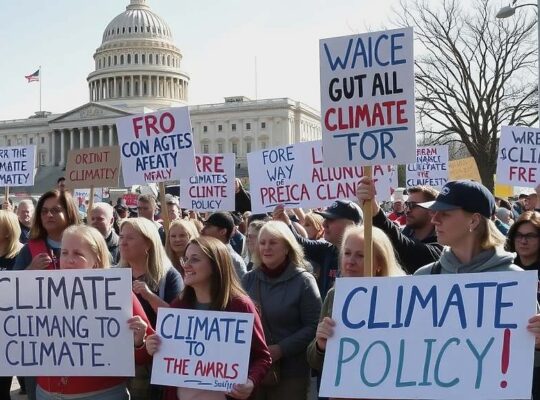The recent imposition of sanctions targeting Russia’s oil sector by the United States has drawn unexpected praise from within Germany’s conservative political bloc. Jürgen Hardt, the foreign policy spokesman for the CDU/CSU parliamentary group, lauded US President Donald Trump’s actions, suggesting Putin had once again underestimated his adversary. Hardt’s commentary, published by T-Online, frames the sanctions as a critical pressure point that could significantly alter the dynamics of the ongoing conflict.
“Putin has underestimated Trump again” Hardt stated, arguing that crippling Russia’s ability to finance the war effort directly increases the prospects for a genuine peace. He positioned this latest escalation as a necessary component of a strategy focused solely on achieving that outcome.
Hardt’s assessment diverges sharply from criticisms often directed at Trump’s foreign policy. He characterized the former president’s actions as “remarkably honest and open” a stark contrast to what he perceived as Putin’s reliance on coercion, disinformation and hybrid warfare tactics. This comparison implicitly criticizes Russia’s methods while offering a subtly positive view of Trump’s approach. The spokesman highlighted prior instances of sanctions, enacted indirectly through tariffs on countries like India, demonstrating a pattern of consistent pressure on Russia.
He acknowledged the EU’s 19th sanctions package as a complementary measure, aligning perfectly with the US initiative. Notably, Hardt credited Chancellor Scholz for facilitating this consensus within the EU, praising the agreement as achieved “without fanfare or unnecessary displays”. This statement, while seemingly innocuous, subtly appears to downplay any previous disagreements or bureaucratic hurdles within the EU process, potentially hinting at criticisms of past decision-making processes.
The endorsement by a prominent figure within the German conservative wing raises questions about the evolving transatlantic relationship and the divergence within European perspectives on how to confront Russia’s actions. While many in Europe have sought a more nuanced and multilateral approach, Hardt’s unequivocal support for Trump’s actions signals a potential shift in German political discourse concerning foreign policy, particularly regarding assertive economic pressure as a tool against authoritarian regimes.


